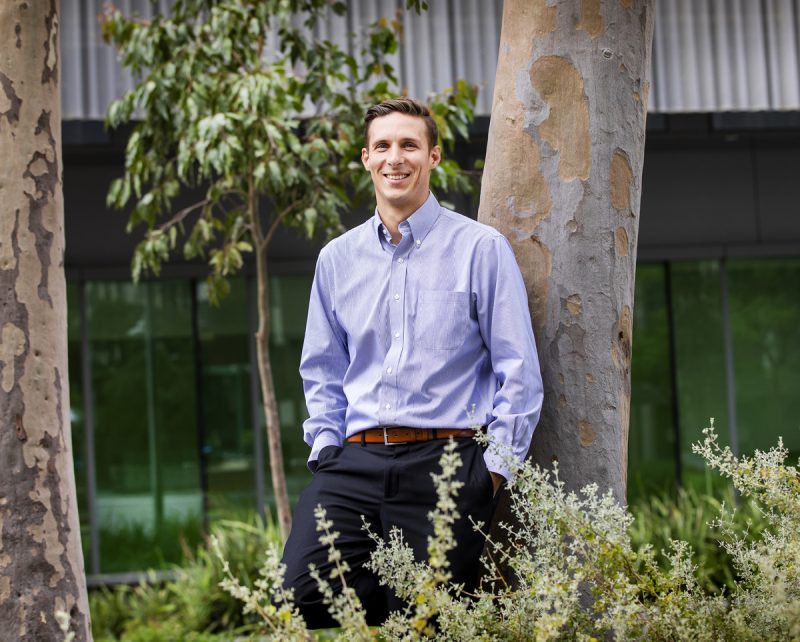 Name: David Frazier
Name: David Frazier
Where you work:The Department of Econometrics and Business Statistics, Monash University.
How long have you been working in the social sciences?
I completed my PhD in economics (concentrations in econometrics and statistics) in May of 2014, and began as a lecturer at Monash in July of that same year.
What does your work week look like?
I’m currently an Australian Research Council DECRA Fellow (under grant DE200101070).
My project is focussed on understanding the behavior of certain commonly applied statistical inference procedures in the empirically relevant situation where the model that is assumed to have produced the observed data is not correct. In such situations, producing reliable statistical inferences according to this incorrect model (ie: decisions or predictions) is particularly challenging, and greatly impacts our ability to make reliable decisions on issues of public policy–like when to end the lockdowns for COVID-19–or for individual decisions, like how to invest your super in such a tumultuous time.
DECRA fellowships are a highly competitive grant scheme that, if successful, require you to spend at least 80% of your time researching the project underpinning the fellowship. This means that the vast majority of my week is spent doing research, which with everything that is going on in academia right now is hugely beneficial.
What is your current focus?
The DECRA Fellowship scheme runs for three years, and is heavily research focused (at least 80% of your time must be spent on the DECRA project). In addition, I’m a lead CI on a separate ARC discovery project (DP200101414), which requires at least a 10%-time commitment from me.
What do you like most about the type of research you do?
My favourite part of doing research are the insights and understanding that come from exploring new ideas, and the feeling you get when you know you’ve hit on, or solved, a very important/interesting problem.
What’s the weirdest fact you’ve come across in your research?
A good portion of my work relates to statistical inference in complex models, such as models that try to explain human behaviour or individual choices. These types of models are commonly encountered in economics, psychology, public health, and epidemiology.
In some cases, when you apply these complex models to real data you can get strange conclusions in terms of the inferences suggested by the models and/or the predictions they generate. Academics often treat such models in a very abstract sense, and whenever I see these strange situations arise in my own research, I’m inevitably reminded of the fact that mathematical models are really just a convenient, but not entirely reliable, approximation to reality.
What can you be found doing outside of work?

I’m an avid surfer, and have been surfing for the better part of twenty years. So, whenever possible, I try to get out and surf (usually before work). The fact that Melbourne now has a dedicated surf park (the first in the country and one of the only ones in the world), has made surfing before work quite a bit easier. The surf park generates artificial waves by moving vast quantities of water via a series of pneumatic underwater chambers. Due to its artificial nature, virtually all aspects of the resulting waves can be controlled, which creates a fundamentally different experience from what one gets when surfing in the ocean, but it is still a lot of fun.
What is the one thing you cannot resist?
I definitely can’t resist good Mexican food and eat it any chance I get. Feel free to tweet any Mexican restaurant recommendations you have to me at @dtfraz.